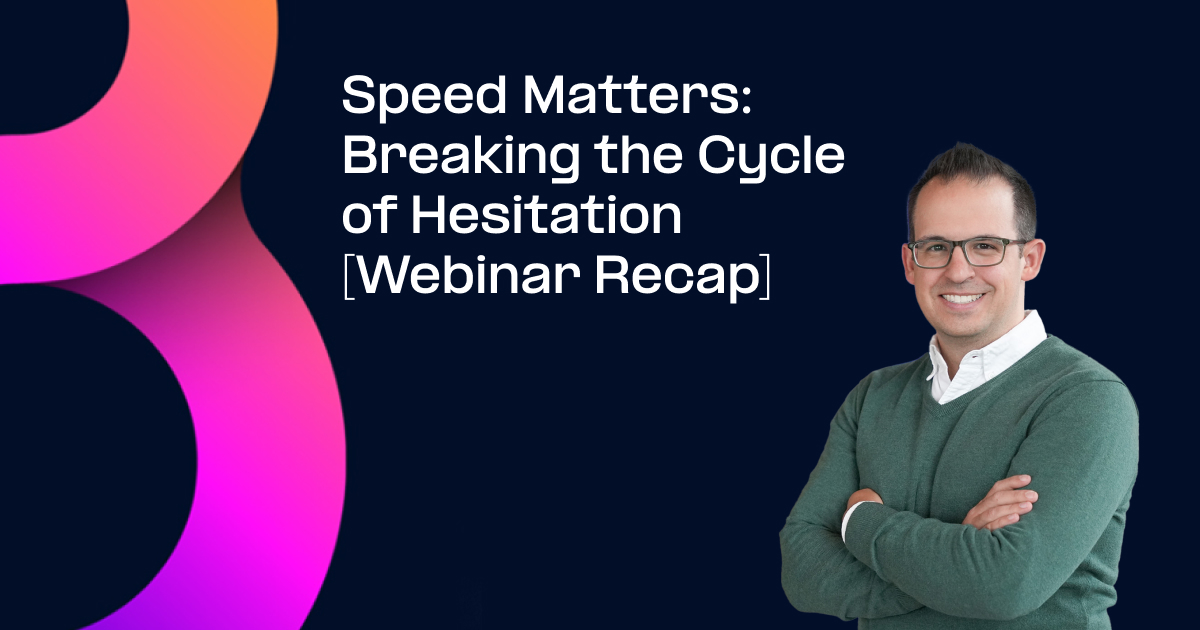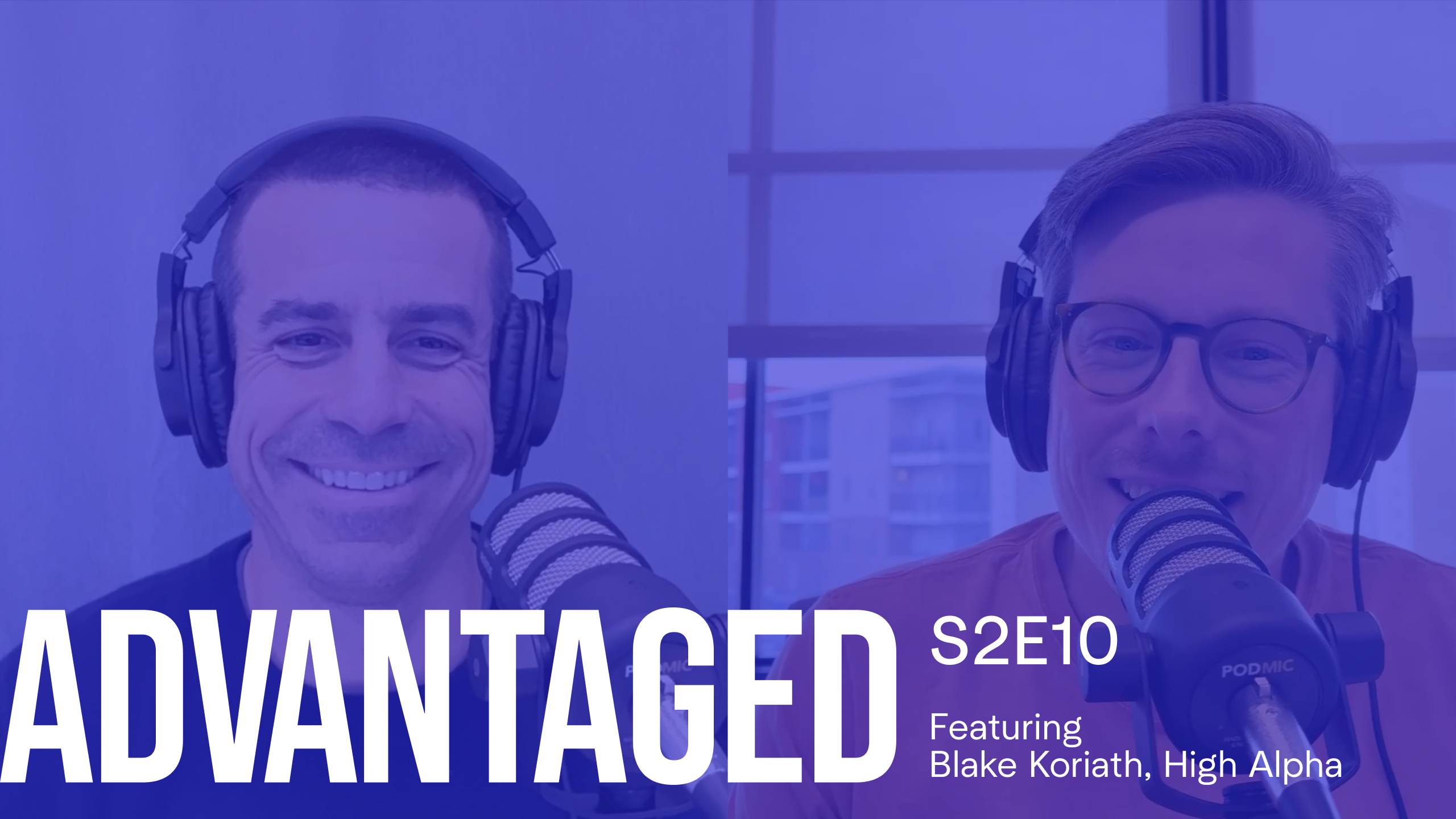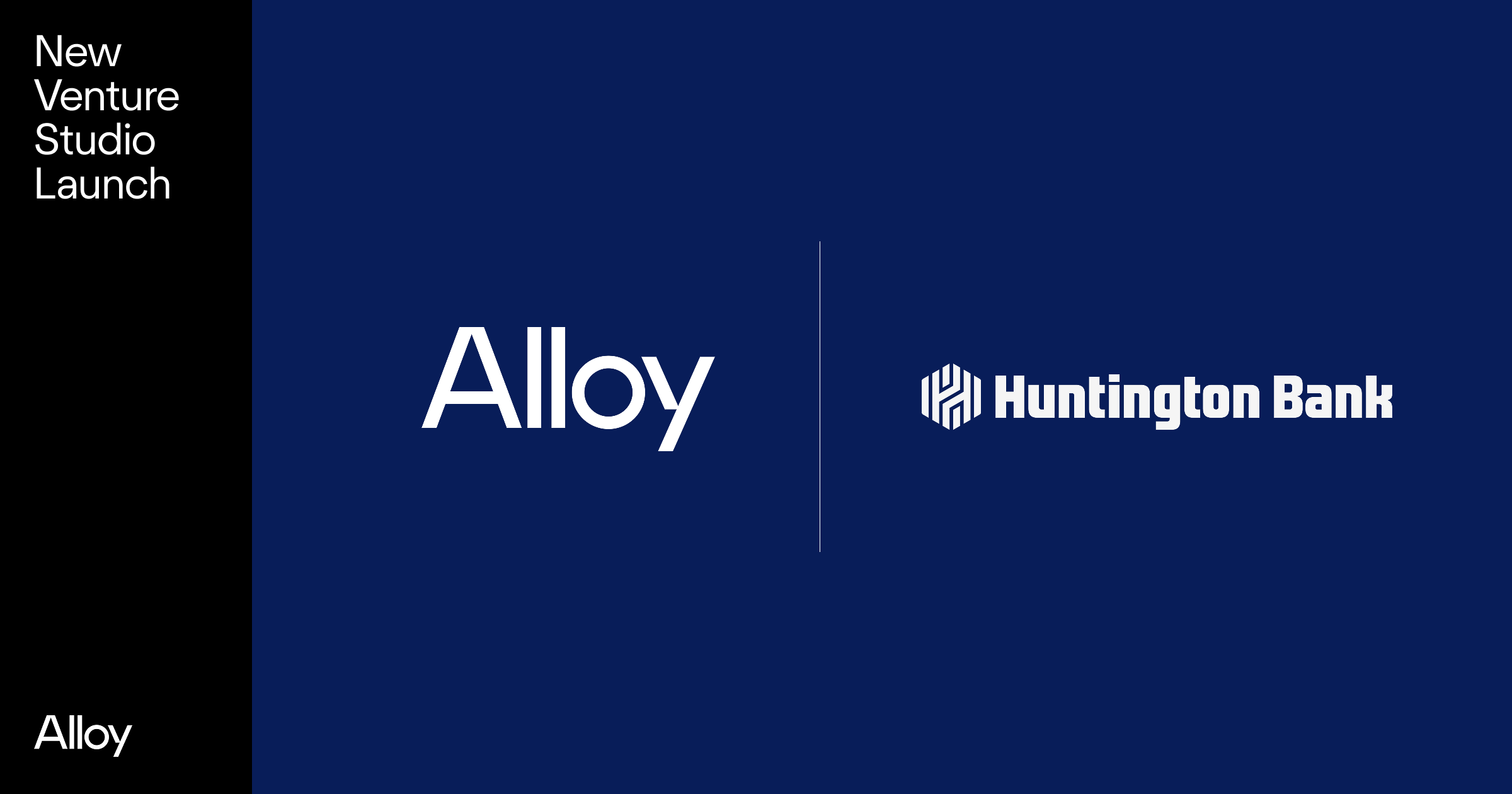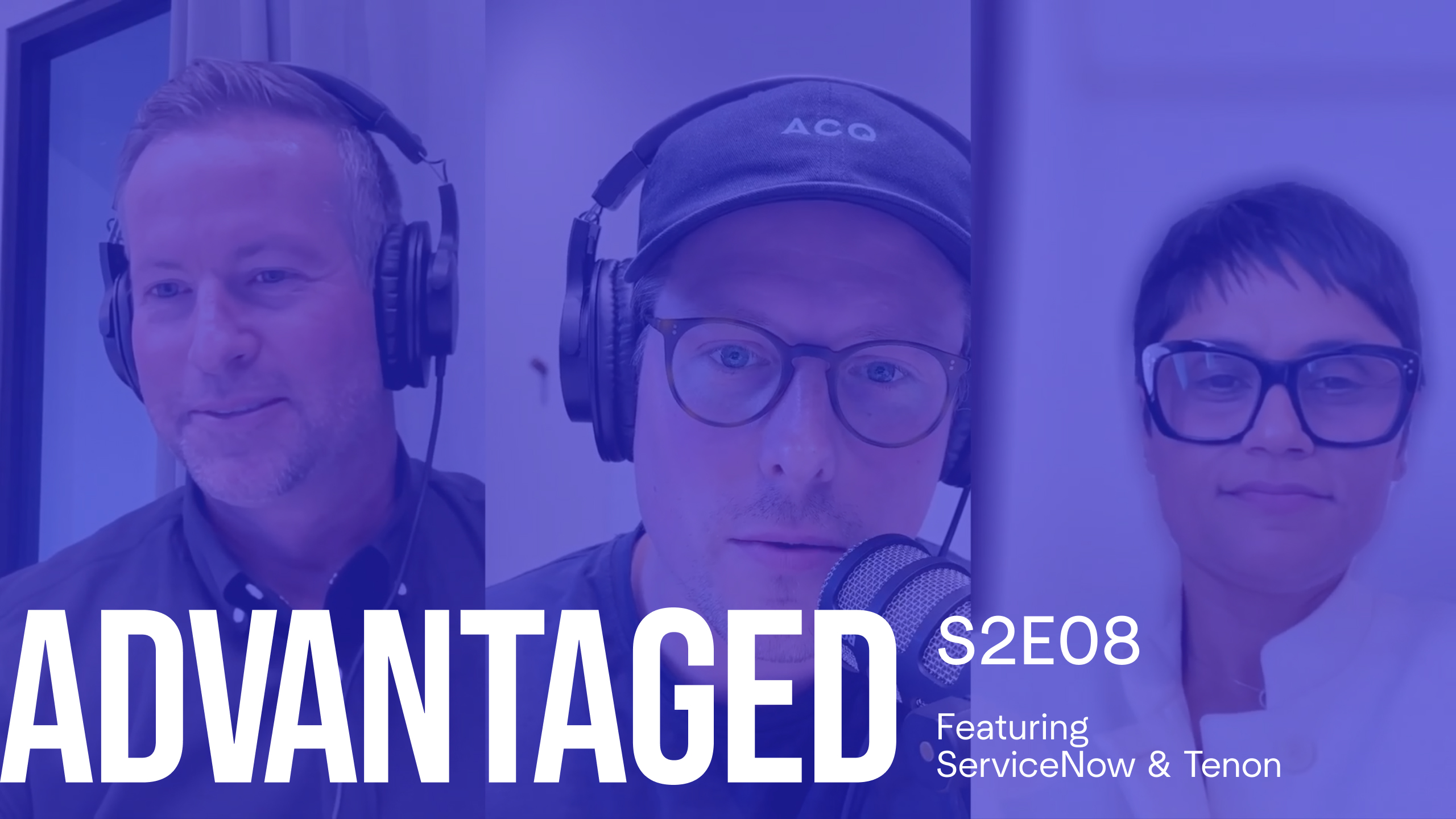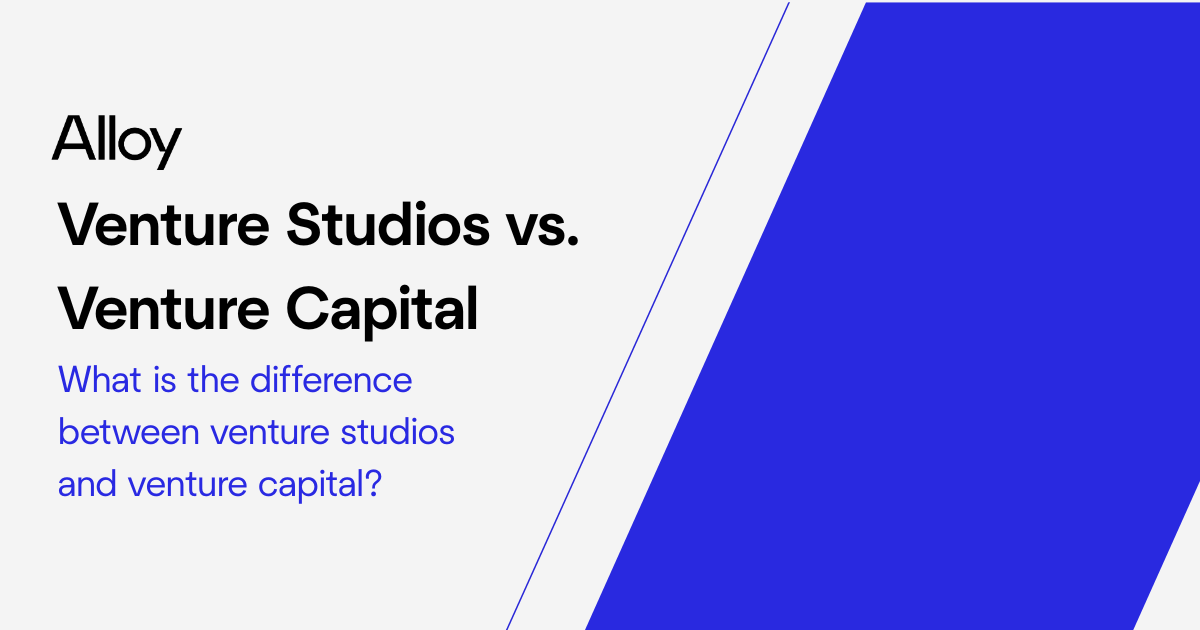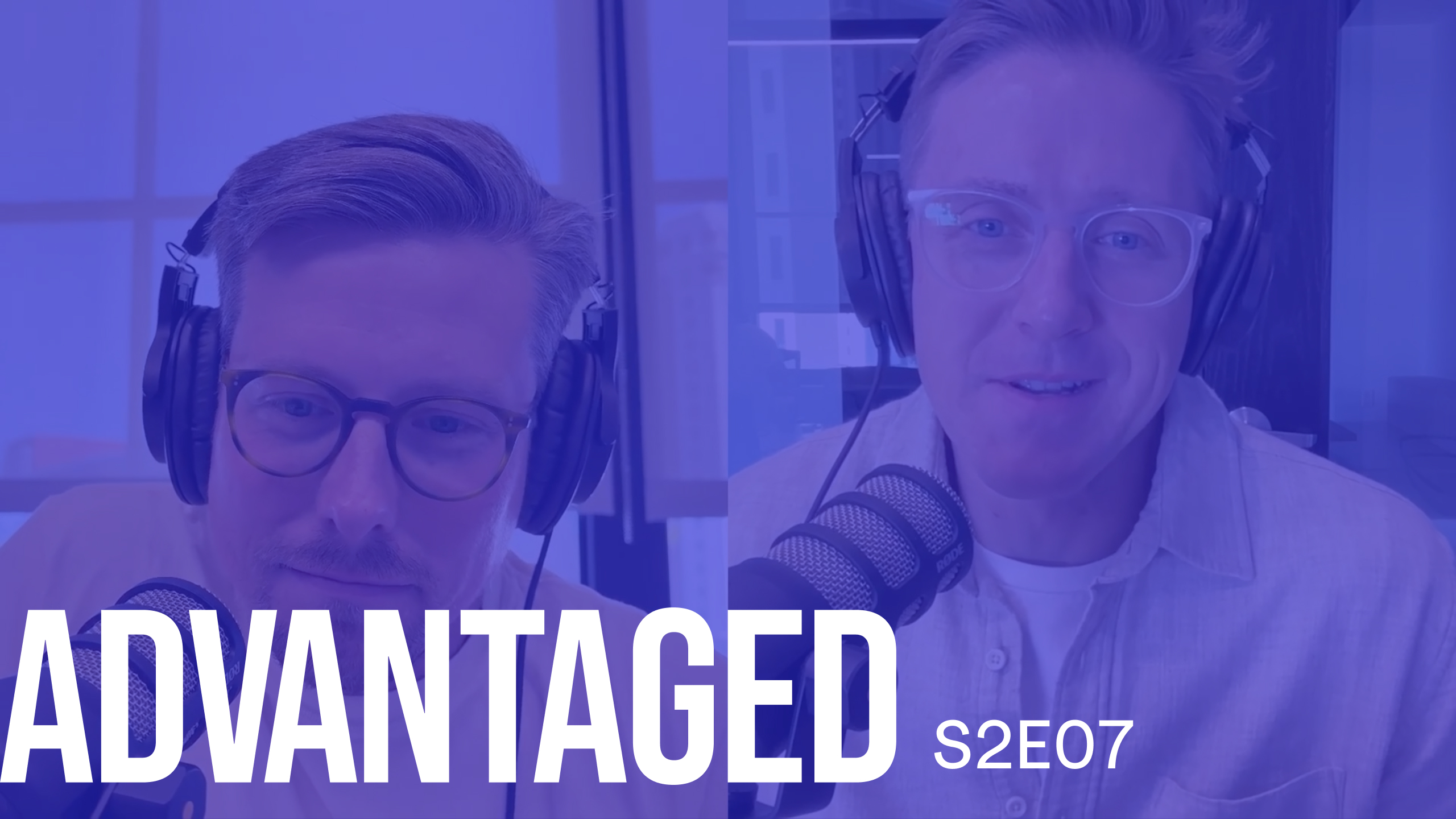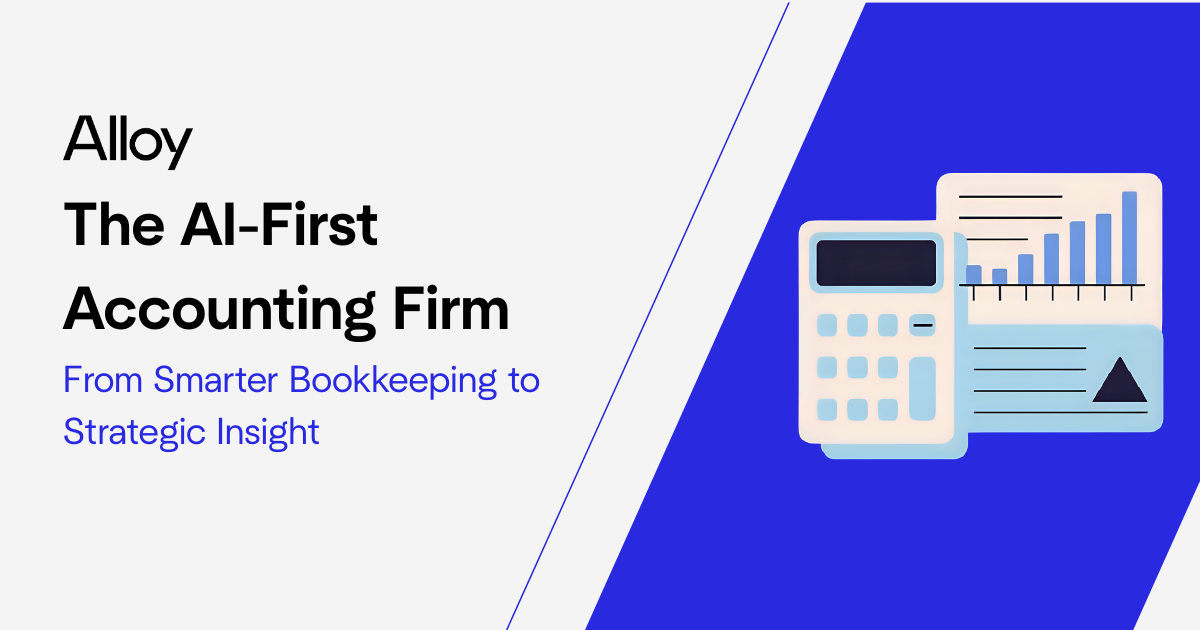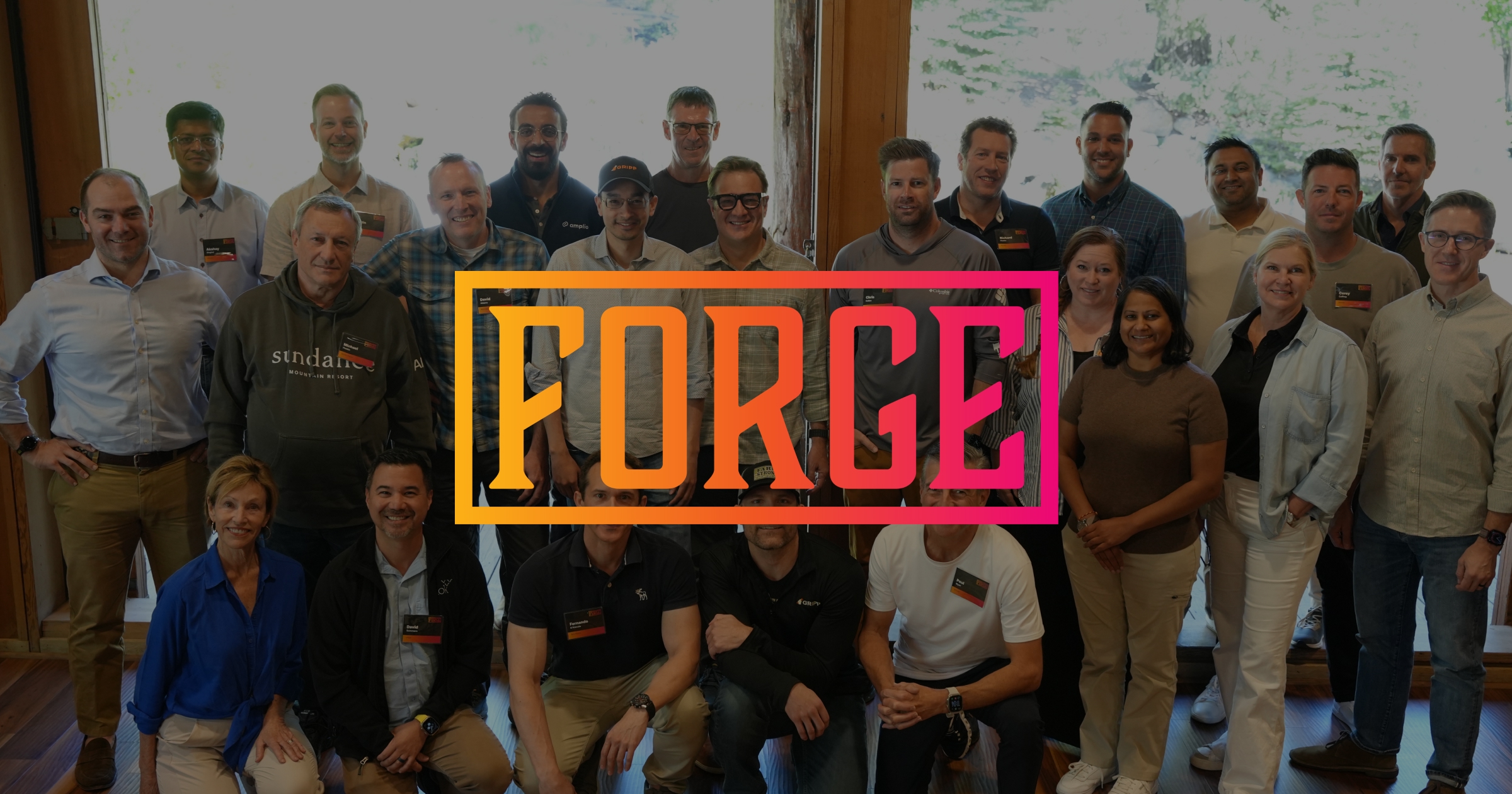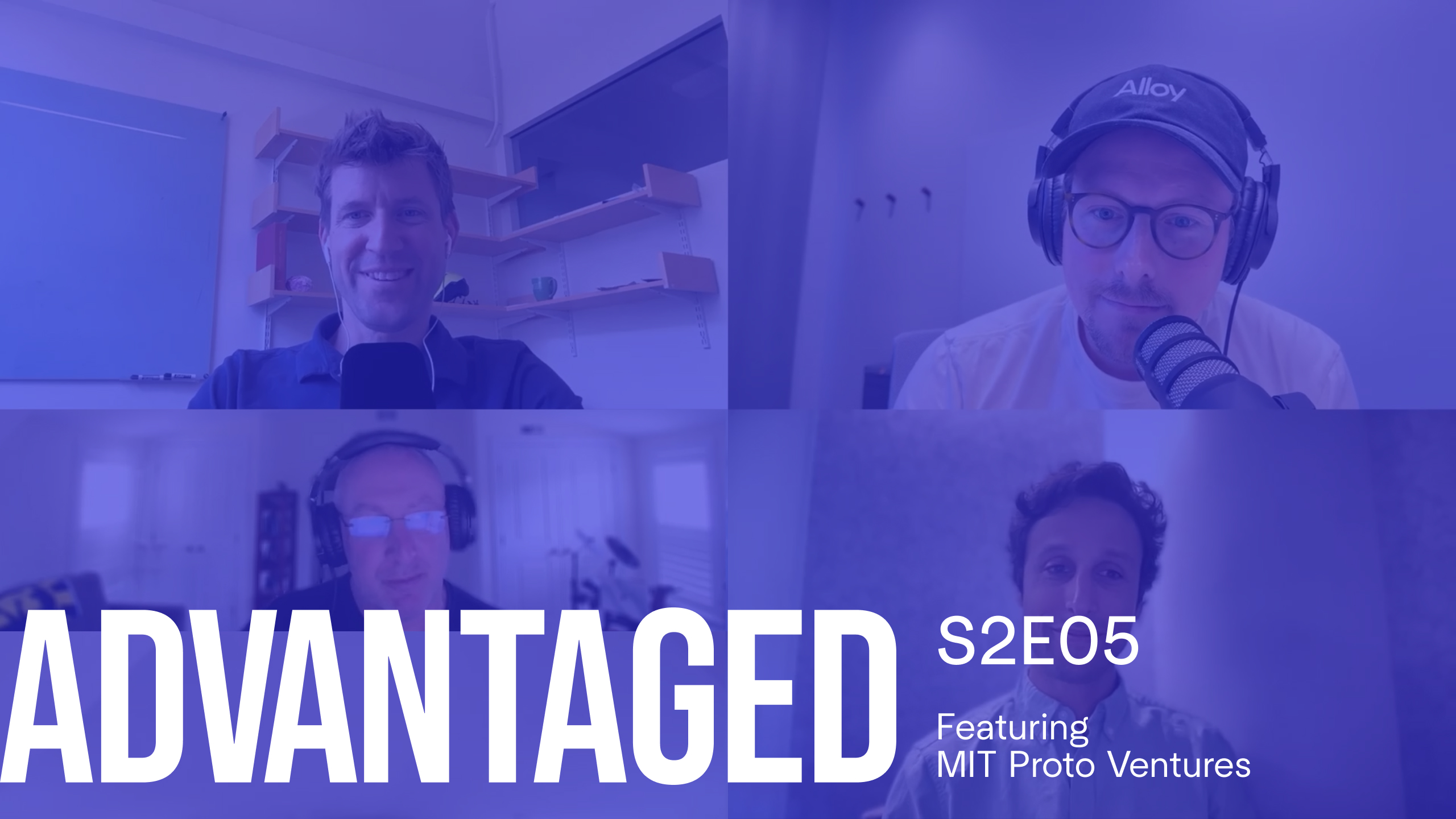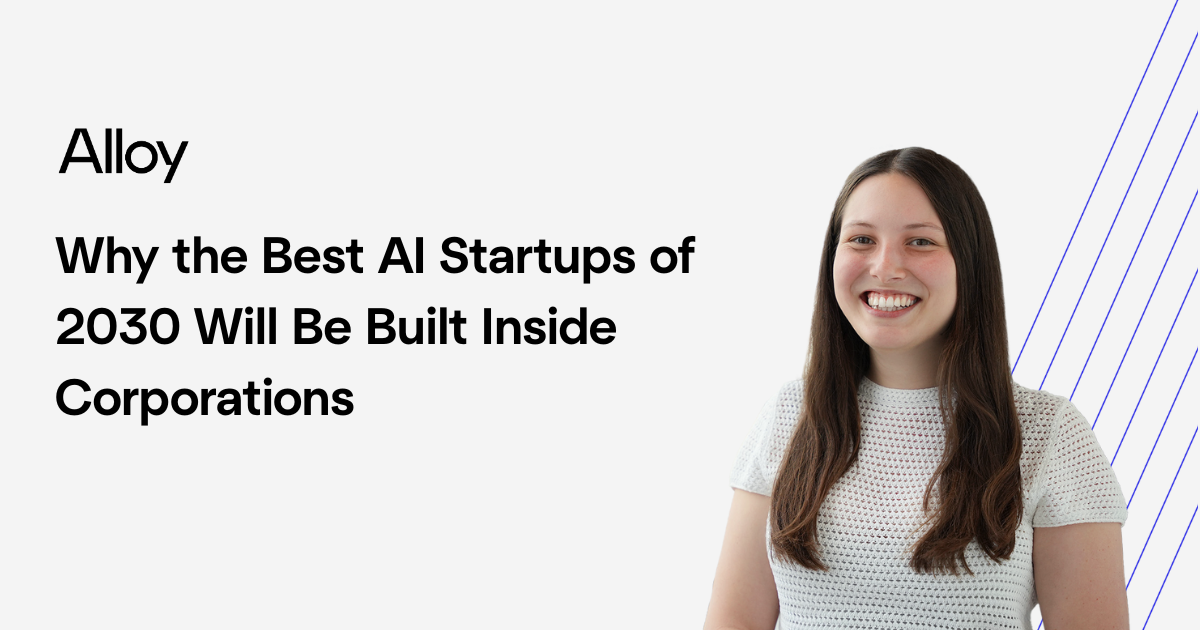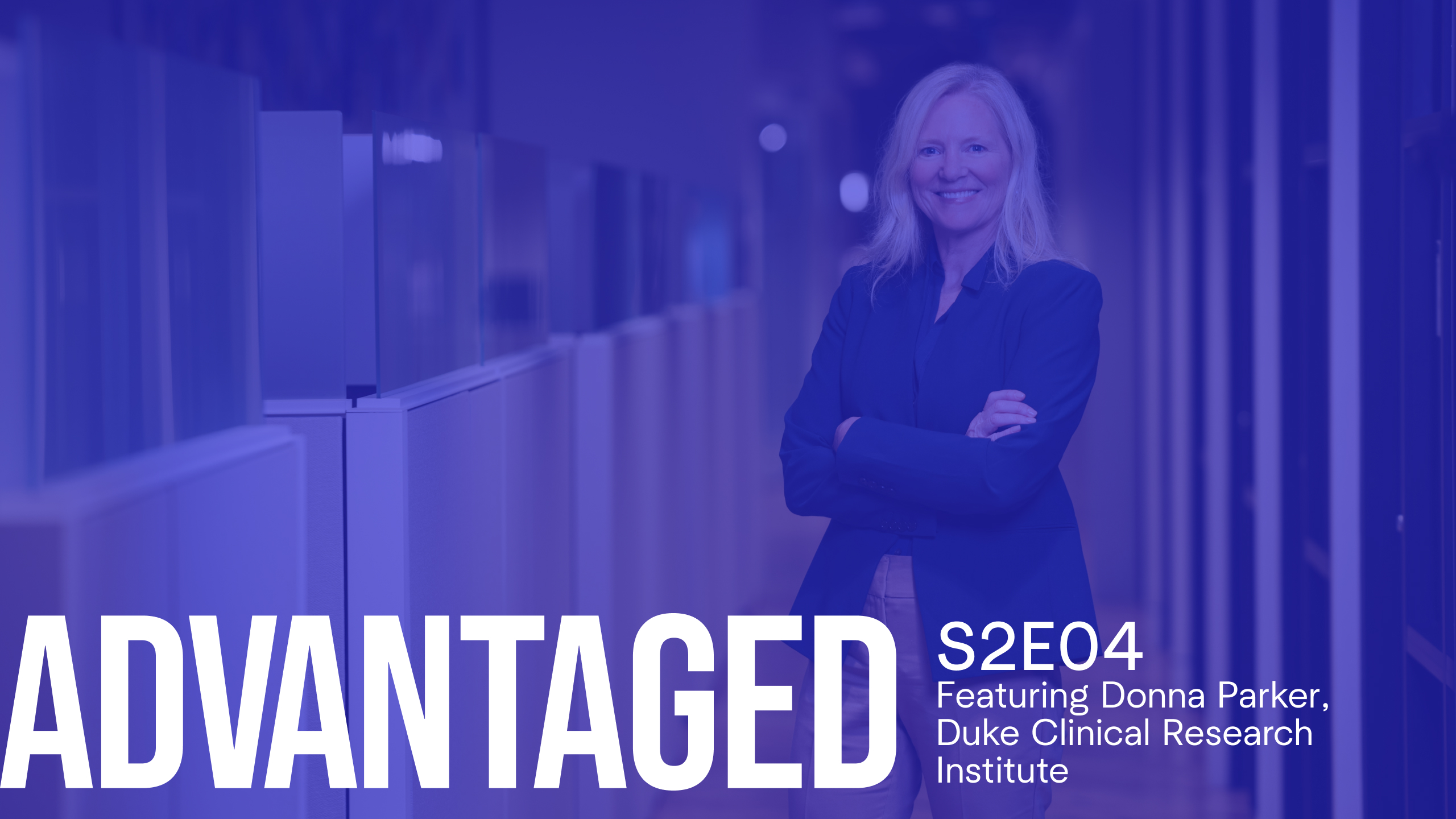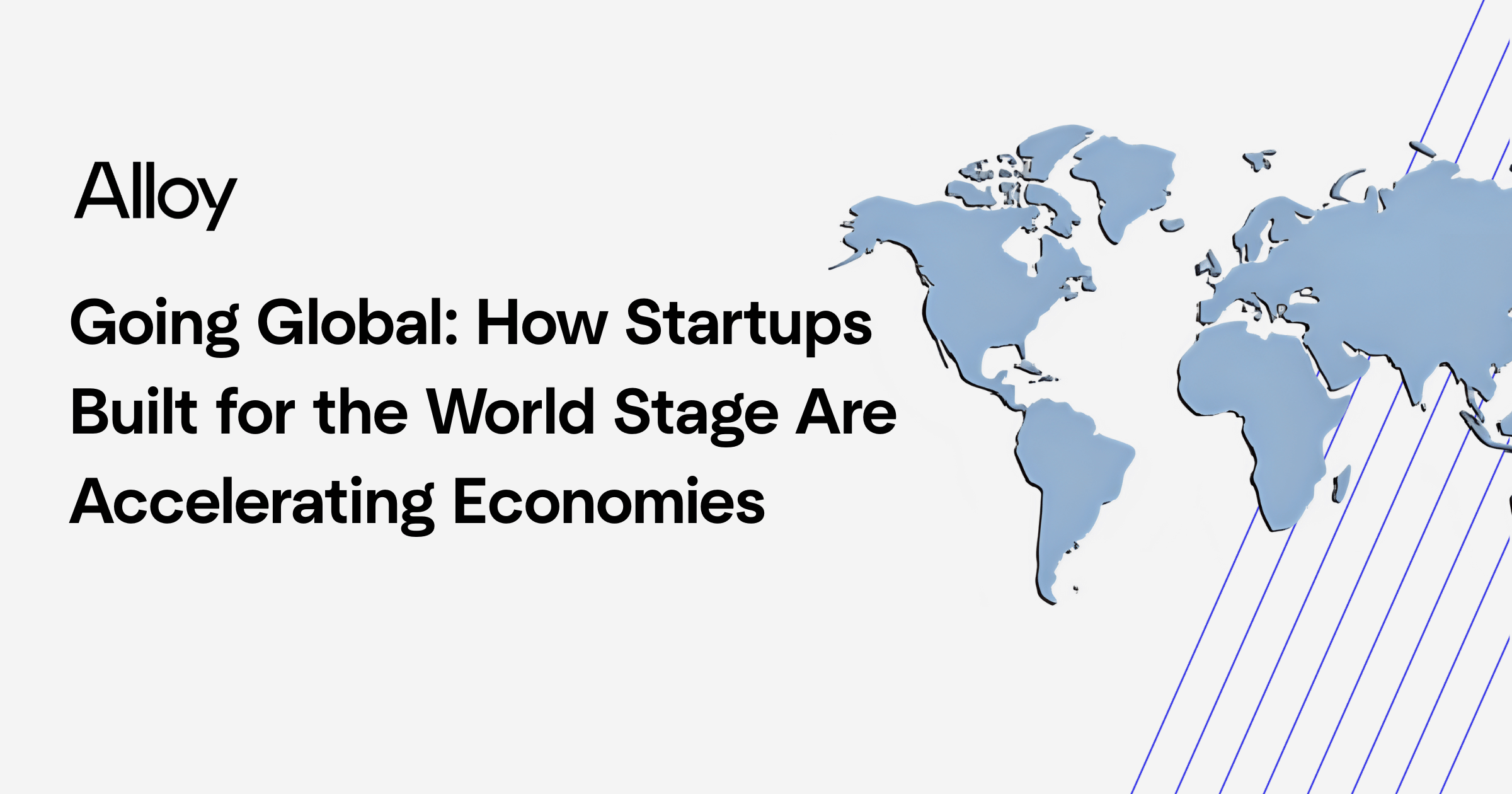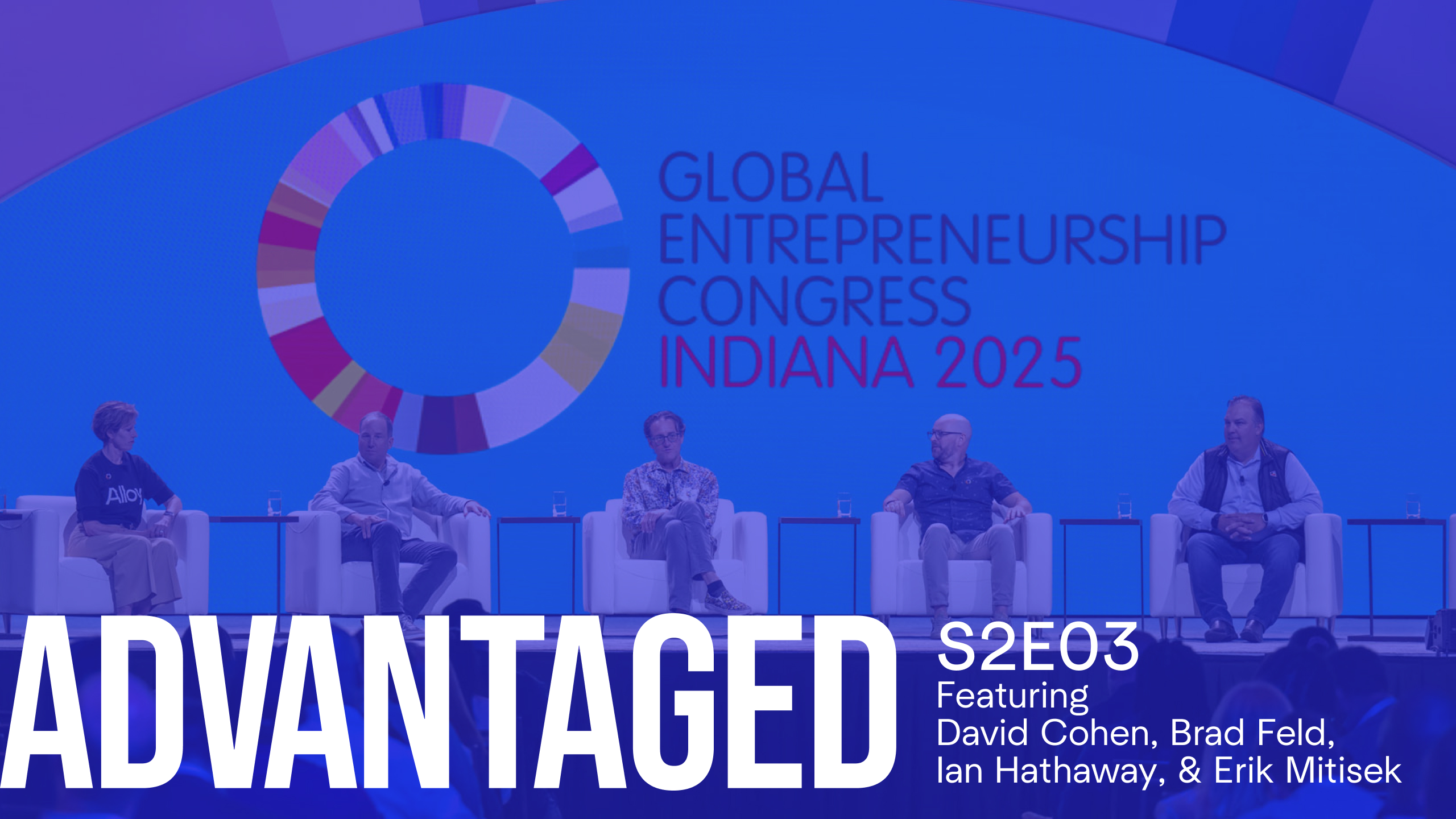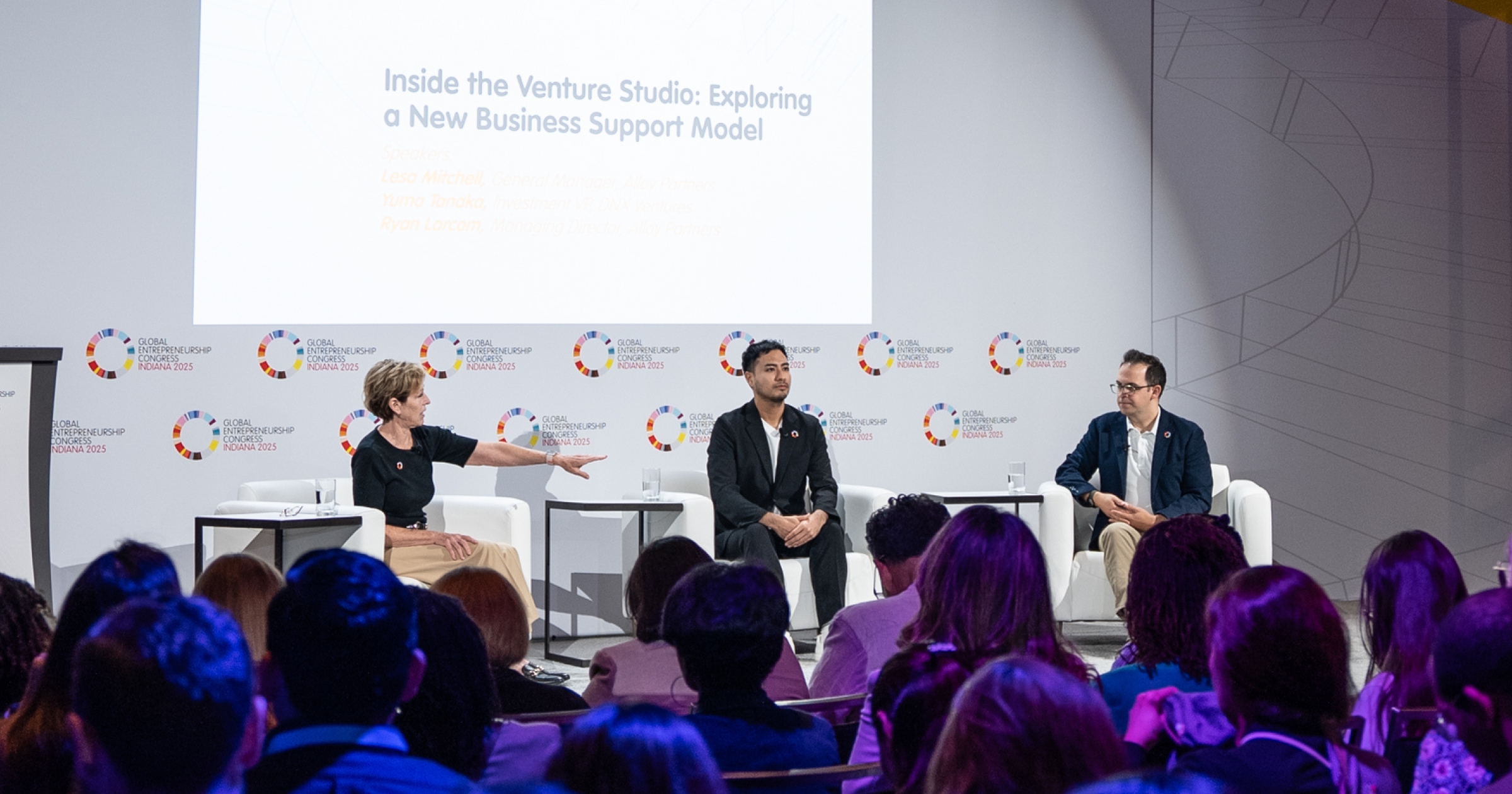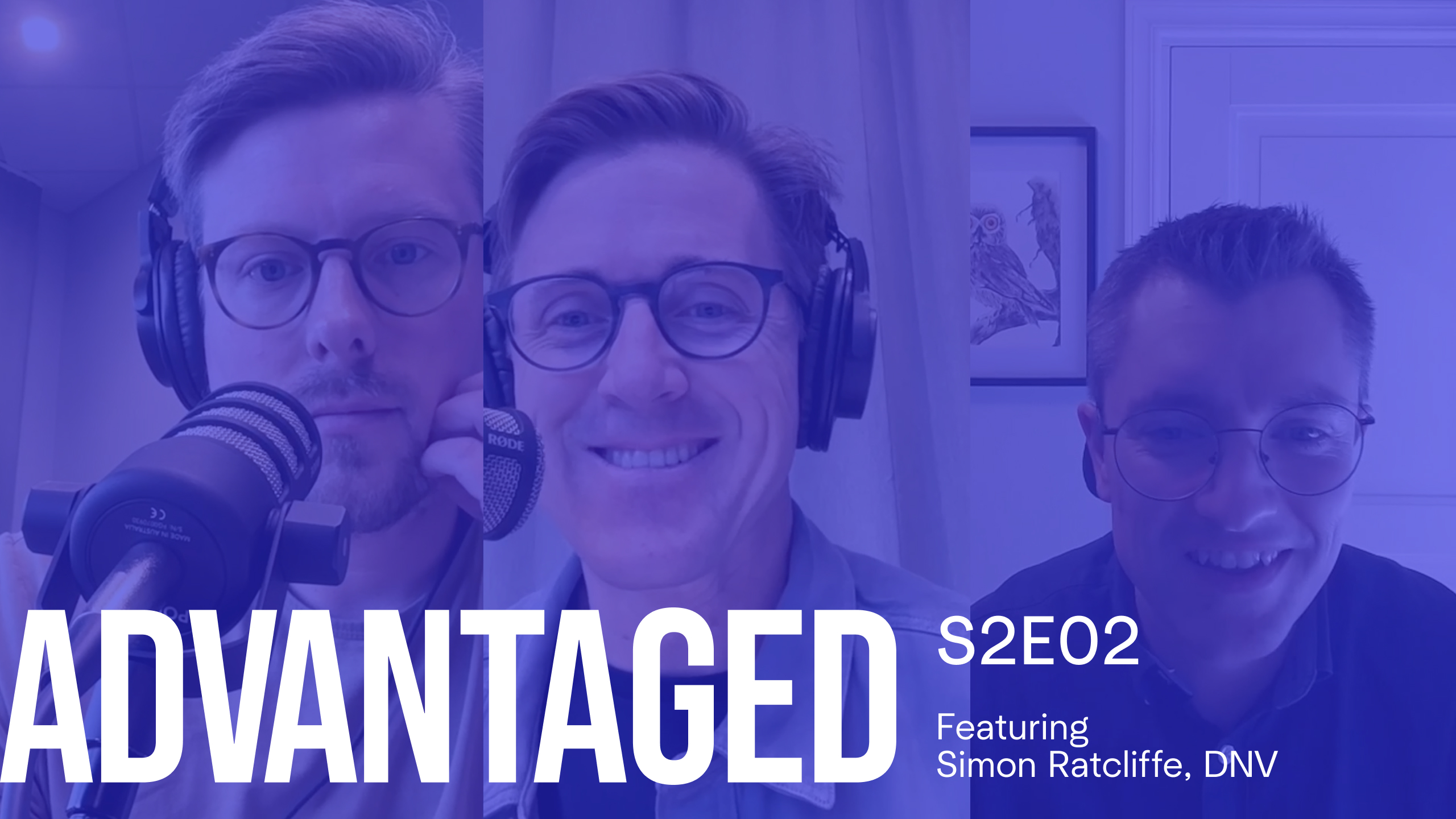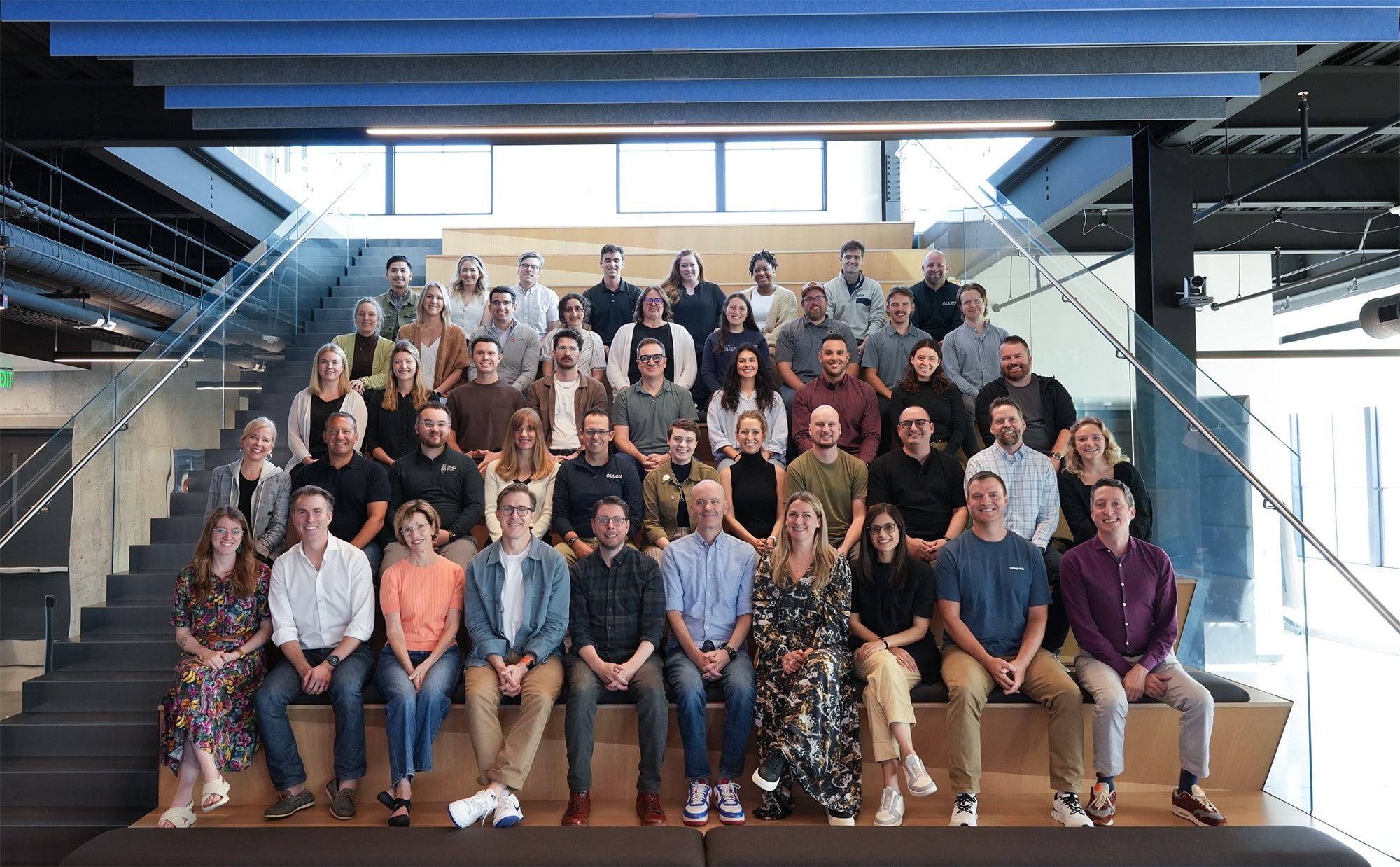Why embracing uncertainty is the superpower of today’s best corporate leaders
Large organizations want to move fast, but delay decisions; why?
This instinct to delay is rarely irrational. It’s often shaped by risk aversion, pressure to get it right, or structures designed for consensus. This pressure means that leaders often wait, gathering more data, looping in more stakeholders, pushing key calls down the road.
But delay comes at a cost. Some of it’s obvious, like missed opportunities or slow time-to-market. Some of it is harder to see: the erosion of momentum, the entrenchment of old assumptions, the loss of first-mover advantage.
At Alloy Partners, we build venture studios and advantaged startups with corporations. We’ve learned how to move faster and smarter, and how to help our partners lead with conviction. In this article, we share a few key mindsets that help corporate leaders and ventures builders alike act boldly and build momentum. Here’s what sets them apart.
Get Comfortable with Imperfect Information
Our goal is never perfect knowledge. It’s knowing enough to act with confidence, on time. That’s why we define “good enough” before our teams are truly in the weeds. A shared rubric helps avoid analysis paralysis when it’s time to make a decision.
At Alloy Partners, we use tailored rubrics for different stages of the venture-building process. One example is our investment readiness rubric, applied during Sprint Week, which is a critical go-or-no-go decision point.
After months of work, it can be difficult to determine if a new concept is investment ready. Bias and subjectivity can sway decision making or resurface the instinct to test for “just another few weeks.” The rubric keeps our team grounded as we navigate the conversation with partners and evaluate new venture opportunities with objectivity. If a concept meets the minimum criteria that give us conviction it’s worth pursuing, we recommend moving forward with a launch and learning our way into the unknowns.
Use Small Experiments to Generate Real Data
Action creates data, and we believe early experiments yield real-world results and surface insights faster than theoretical research. With AI, you can test hypotheses, generate early prototypes, or A/B test content in hours, not weeks, and get real feedback just as fast.
Small, fast experiments help us build advantaged startups at scale. In a venture-building environment where speed matters, real data helps us prioritize, whether we’re choosing an area of research to pursue, which product feature to build first, or whether to launch a new venture. The more you practice, the more momentum and confidence your team gains to keep pushing forward. Our corporate partners are actively involved throughout this process, building trust and conviction alongside us through shared learning and clear signals. By the time a big decision rolls around, we are collectively relying on real-world signals, not theory.
Know Your Playing Field
One of the most common blockers we see isn’t bad ideas; it’s the internal complexity that surrounds them.
Even smart, well-timed decisions can stall without a clear understanding of how the organization really works. That means knowing who the actual decision-makers are, how initiatives move through budget cycles and governance structures, and what informal dynamics influence outcomes behind the scenes. Conviction without this awareness often leads to frustration or burnout, especially among individual product or initiative owners.
That’s why we start mapping the landscape from day one. In our earliest meetings, we begin identifying who needs to sign off, and as we learn more, we chart the stage gates, key influencers, and potential roadblocks that could shape the venture’s path. It’s how we help teams make progress that lasts.
Ask “What If This Works?”
Many large organizations carry a long memory of what’s gone wrong. That history can quietly shape a culture of caution, creating a bias toward risk aversion. But optimism is a strategic advantage. Innovation needs both realism and a sense of what’s possible. When leaders ask “what if this works?” they create space for new ideas to emerge, for faster decisions to take hold, and for bolder bets to feel worth taking.

Why This Matters
When corporations lead with conviction, they move faster, learn quicker, and build better. At Alloy Partners, we believe corporations play a critical role in improving the world we live in, but they must “innovate faster to thrive in a future that is coming quickly.”
Leading with conviction isn’t about being reckless. It’s about building the discipline and habits to act decisively, and creating a culture where momentum beats hesitation.
Leading with conviction is a learned behavior that takes practice.
Alloy Partner helps corporations strengthen that muscle every day, turning stuck teams into builders, and ambiguity into action.
We challenge you to take a first step in leading with conviction - what’s one decision you could make this week with 80% of the information you think you need?








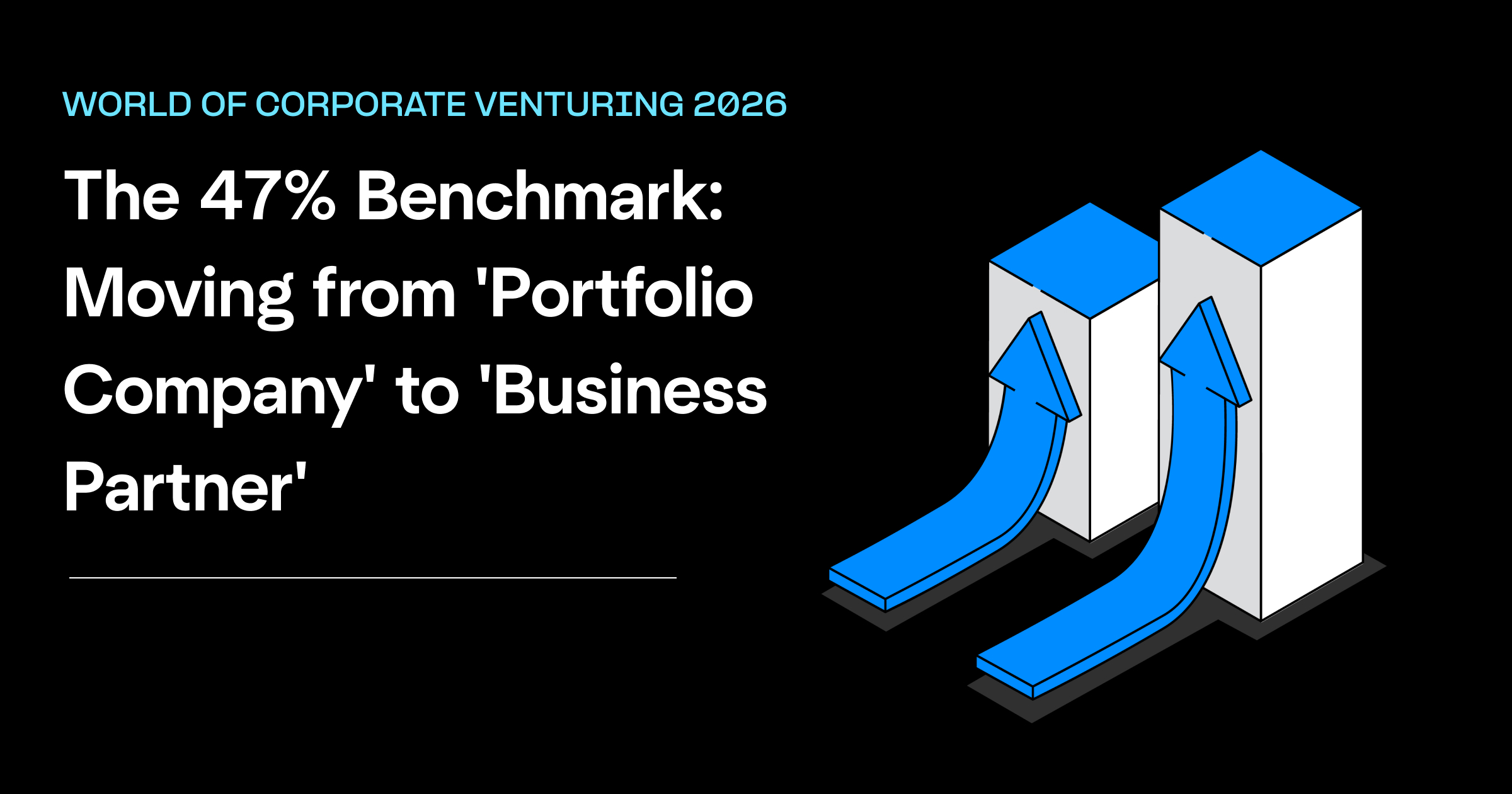

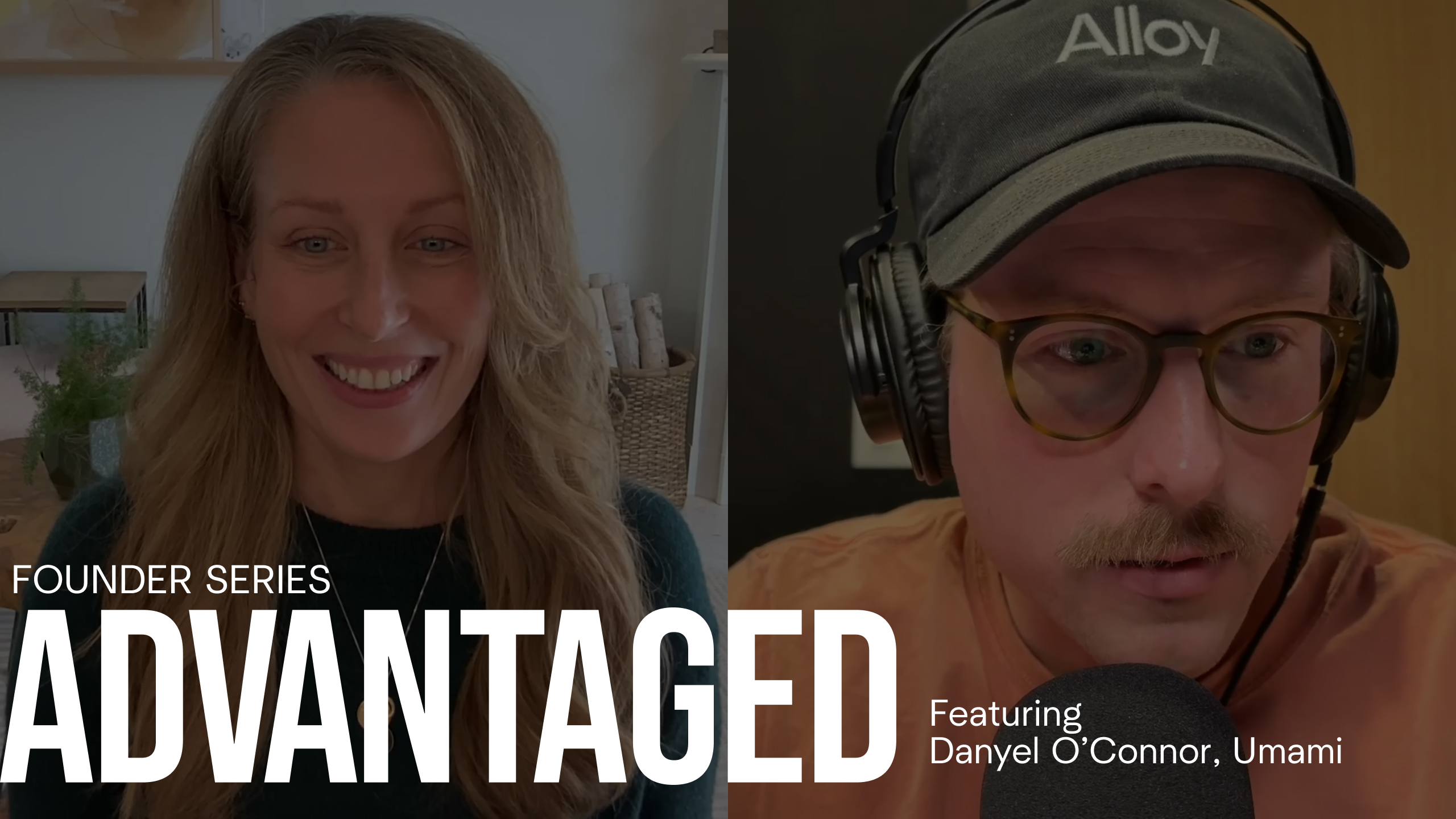
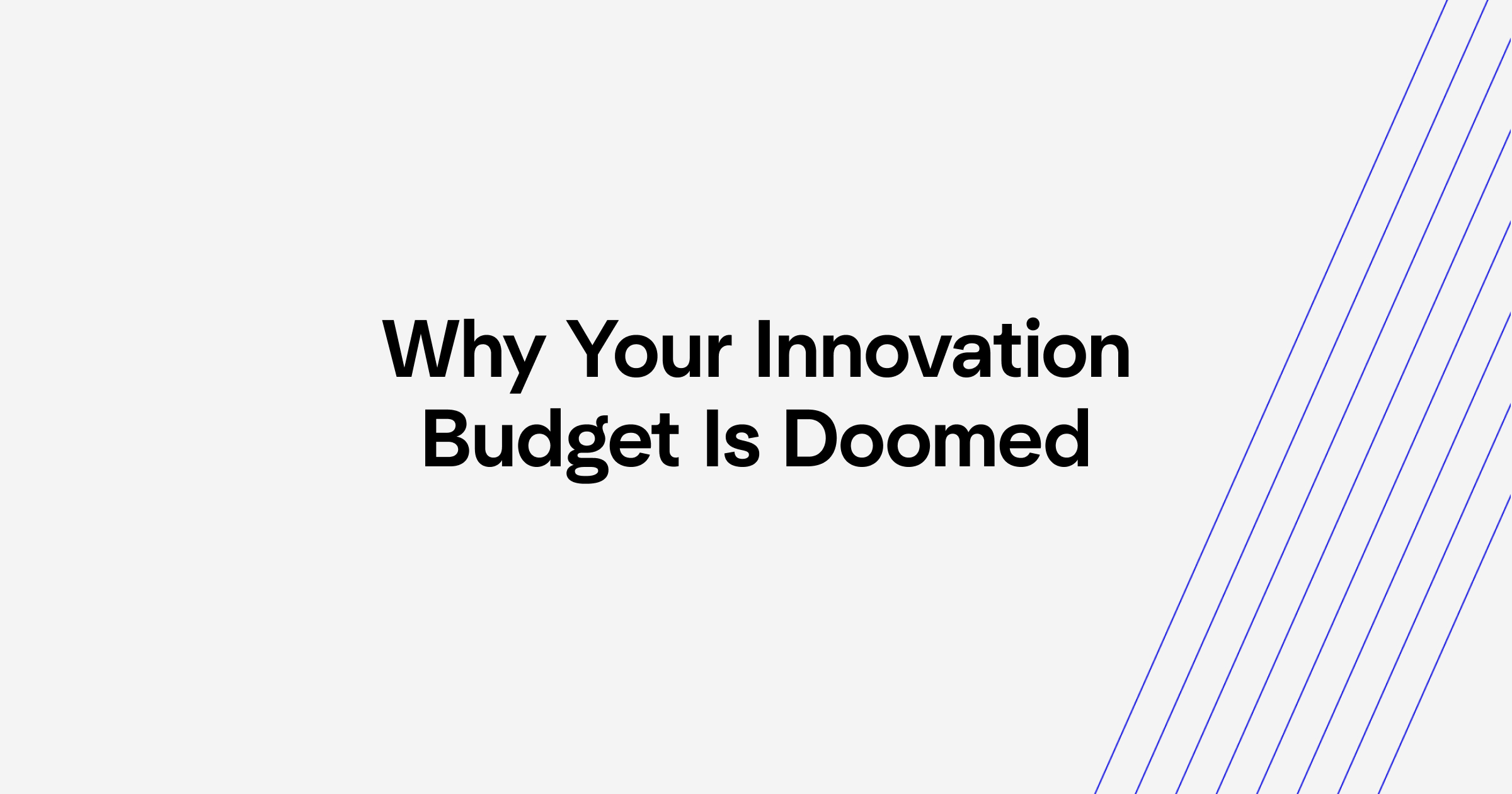
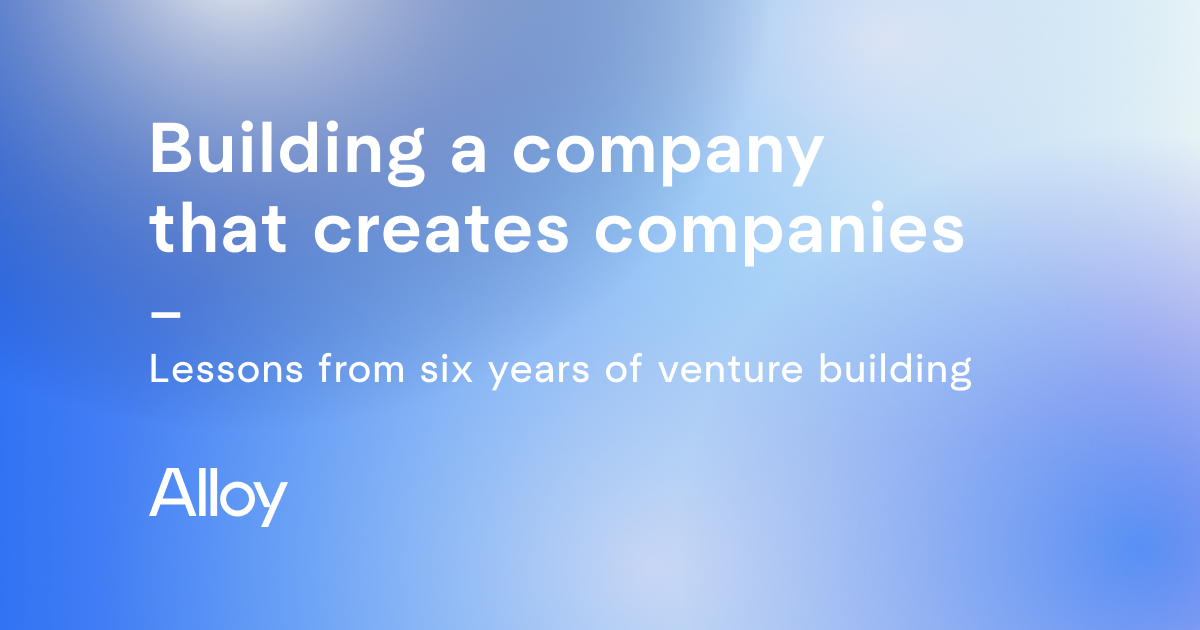
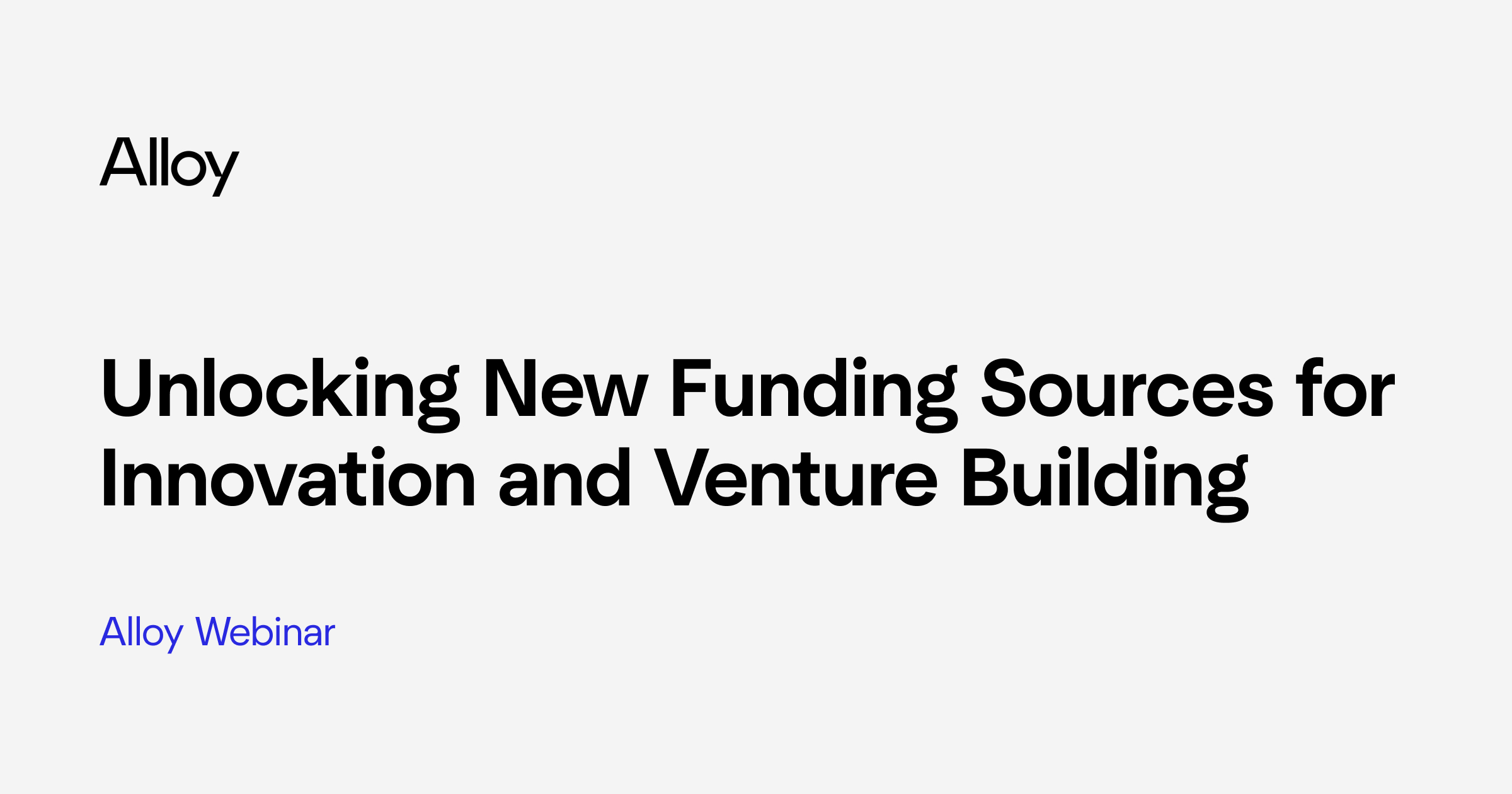

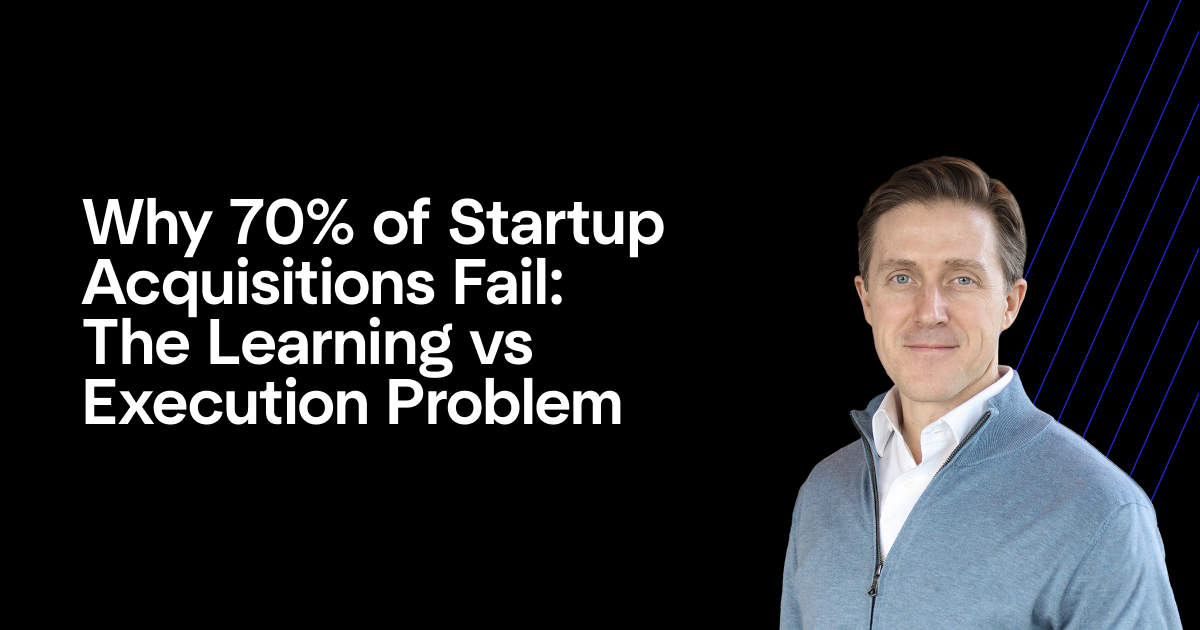


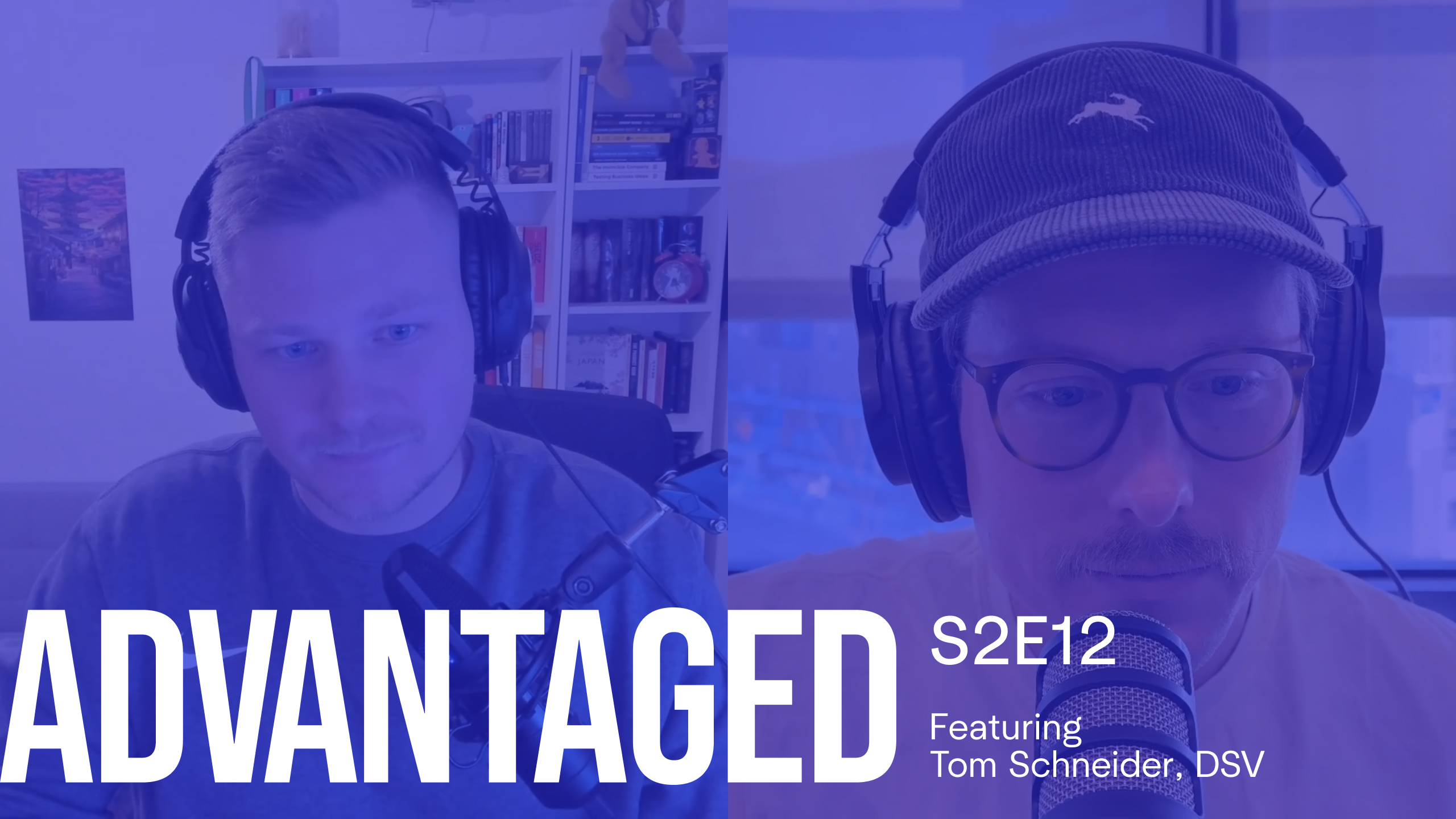
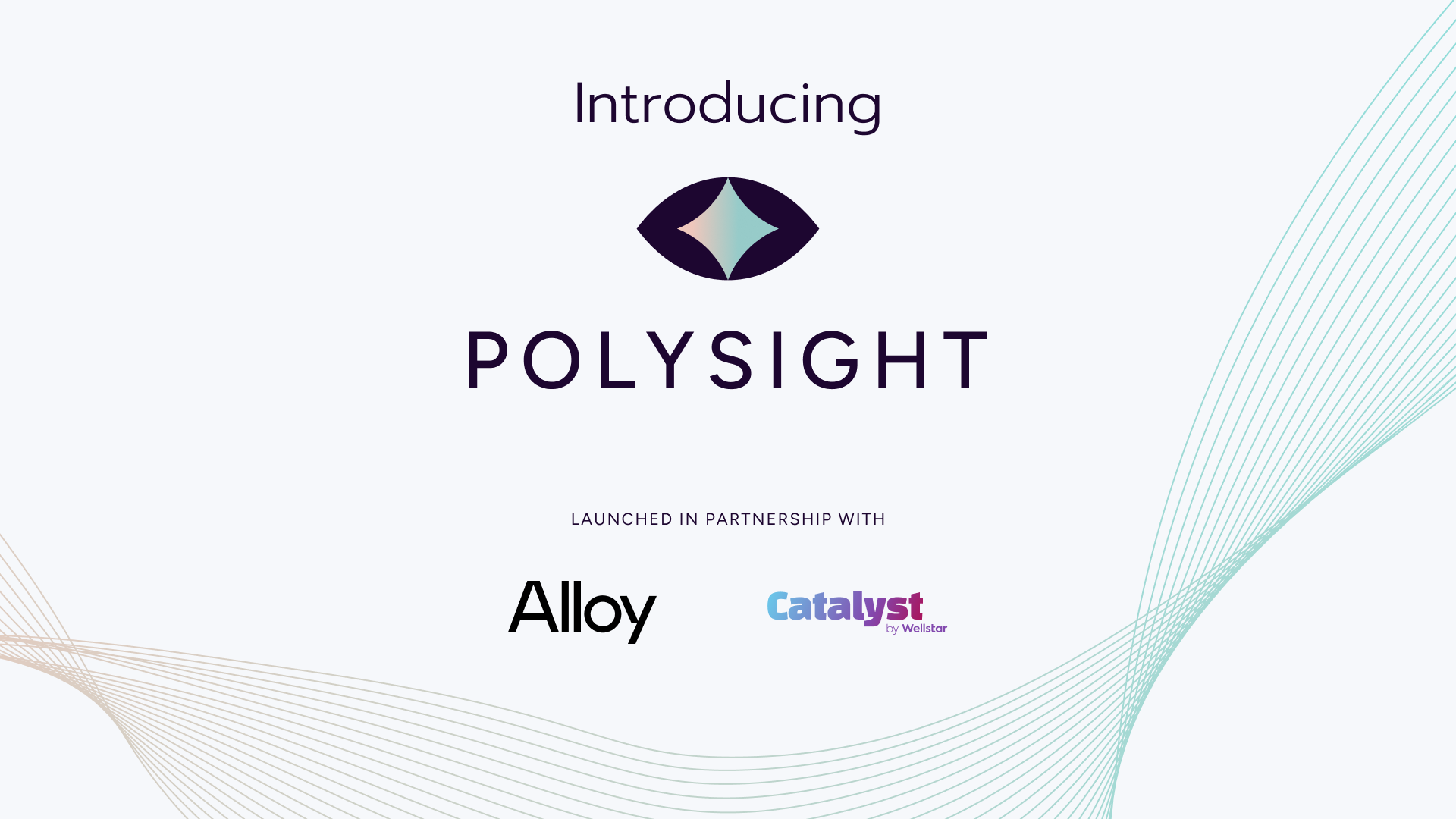
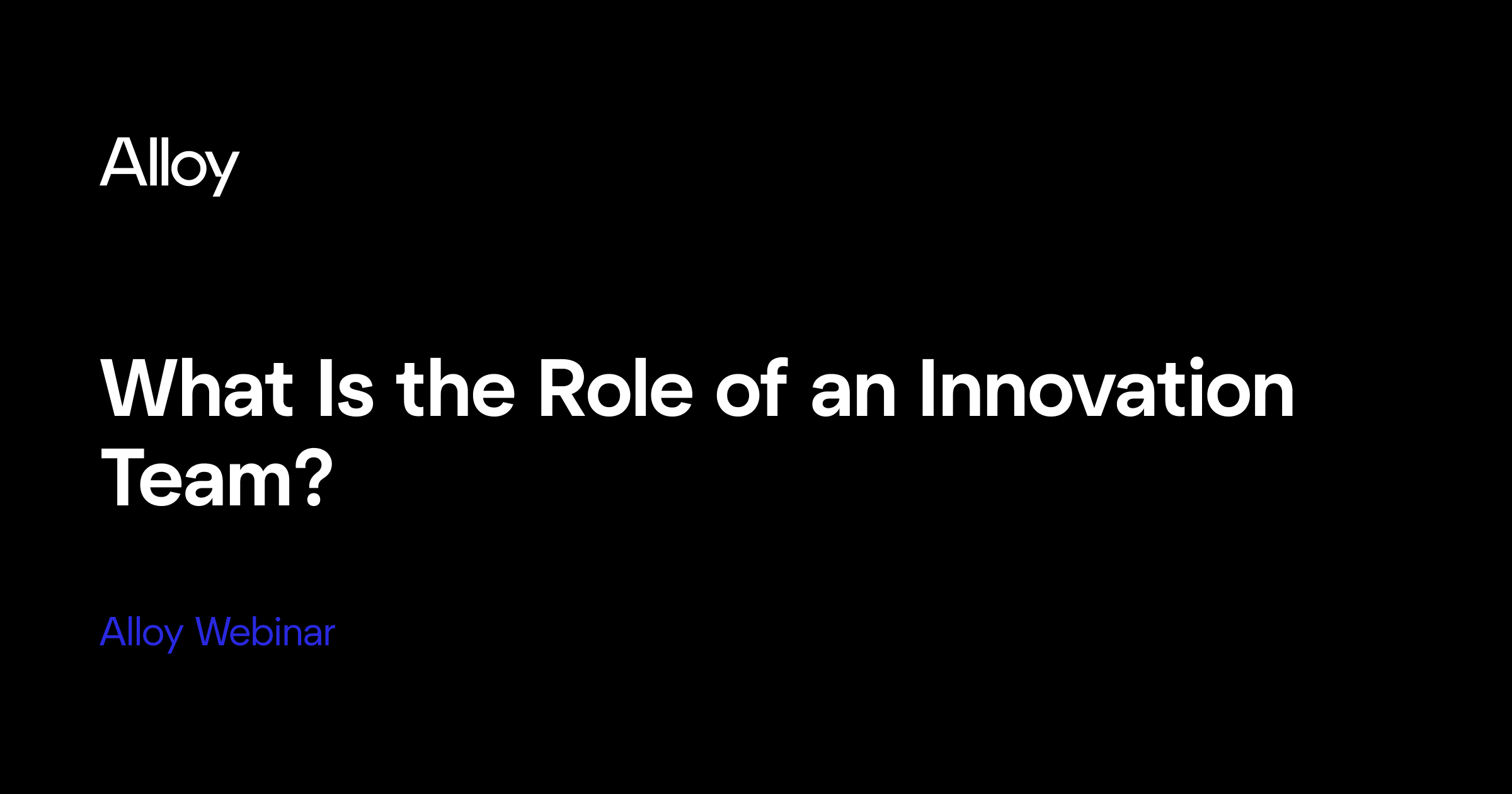
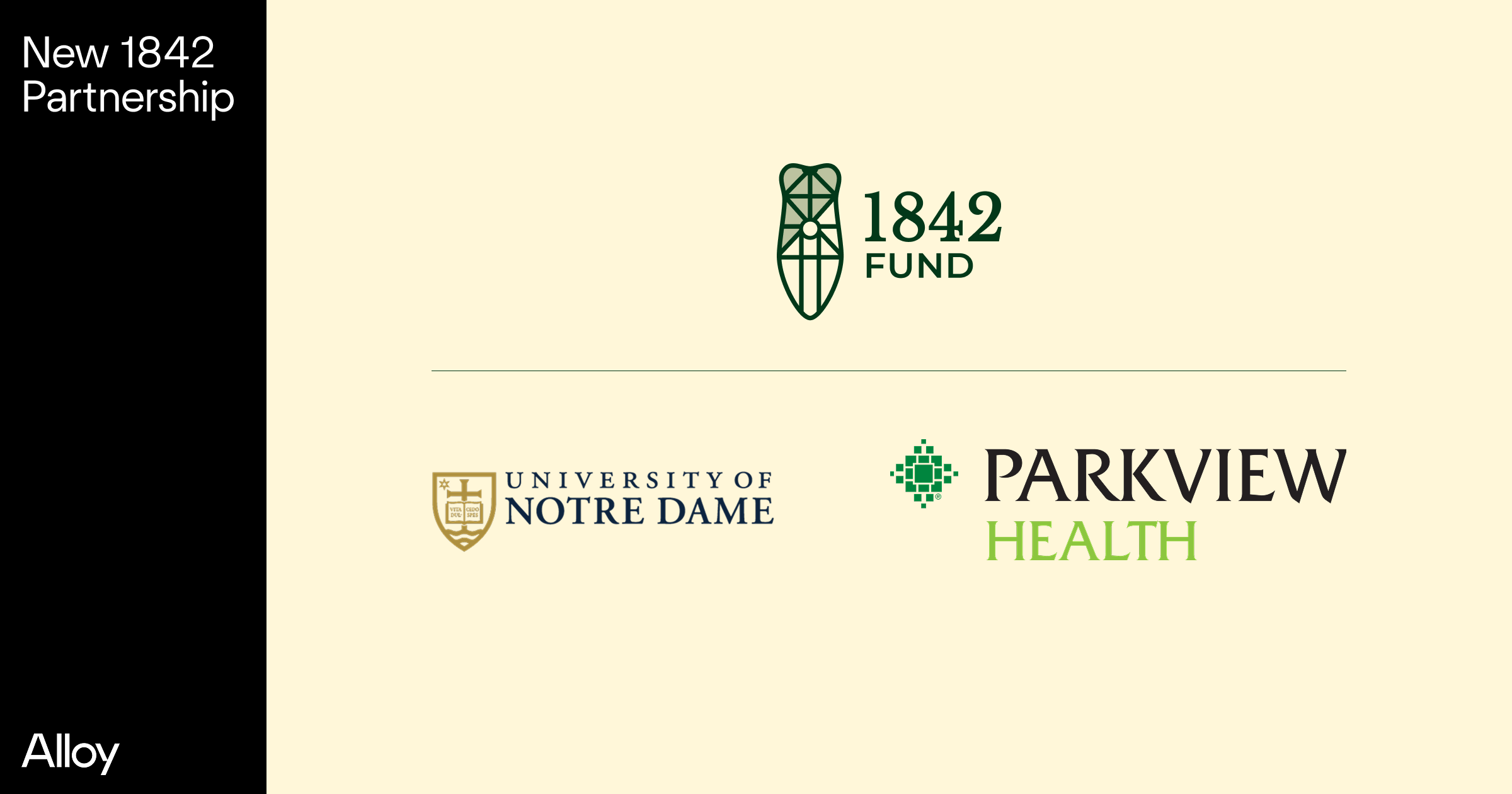
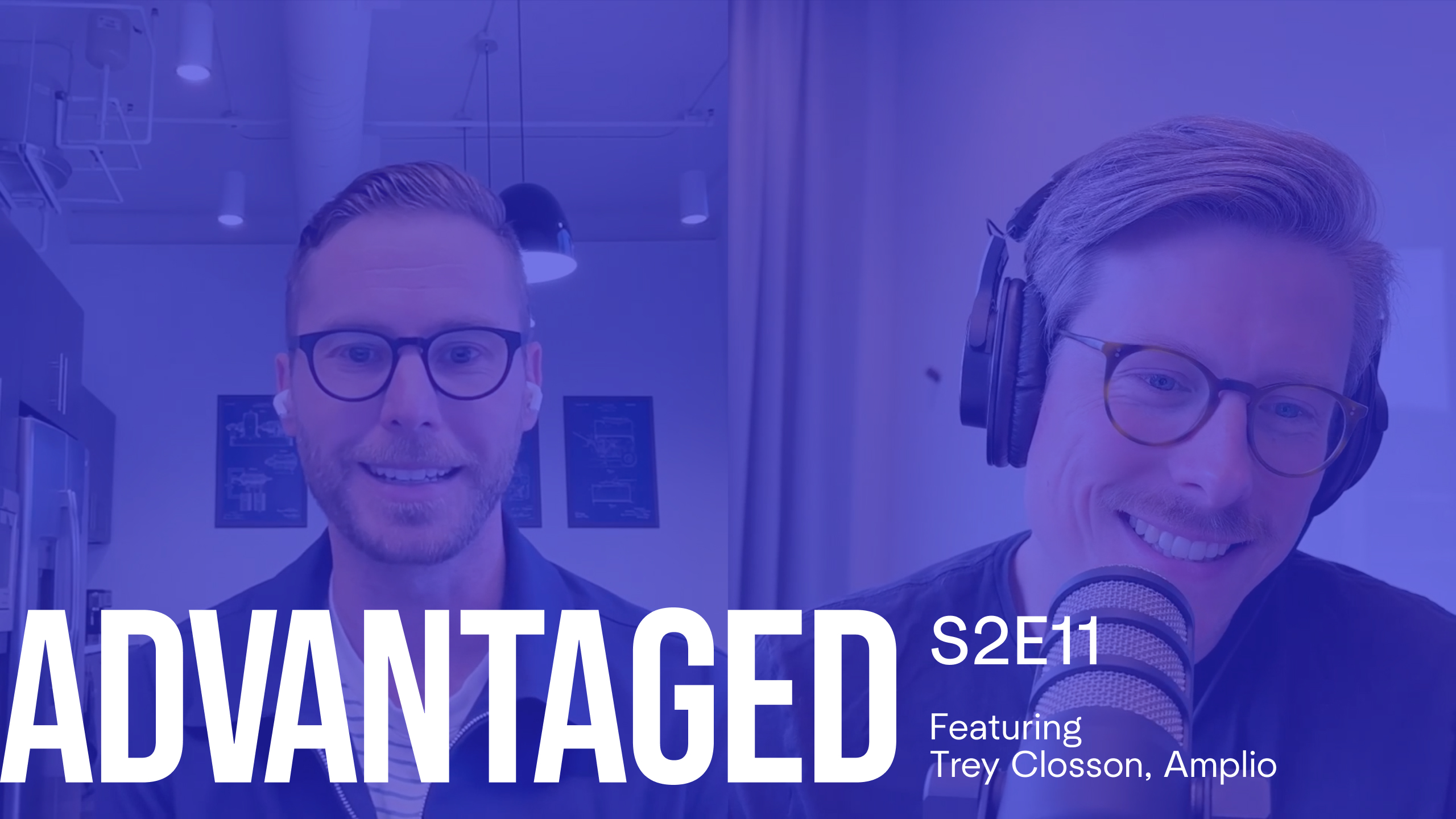
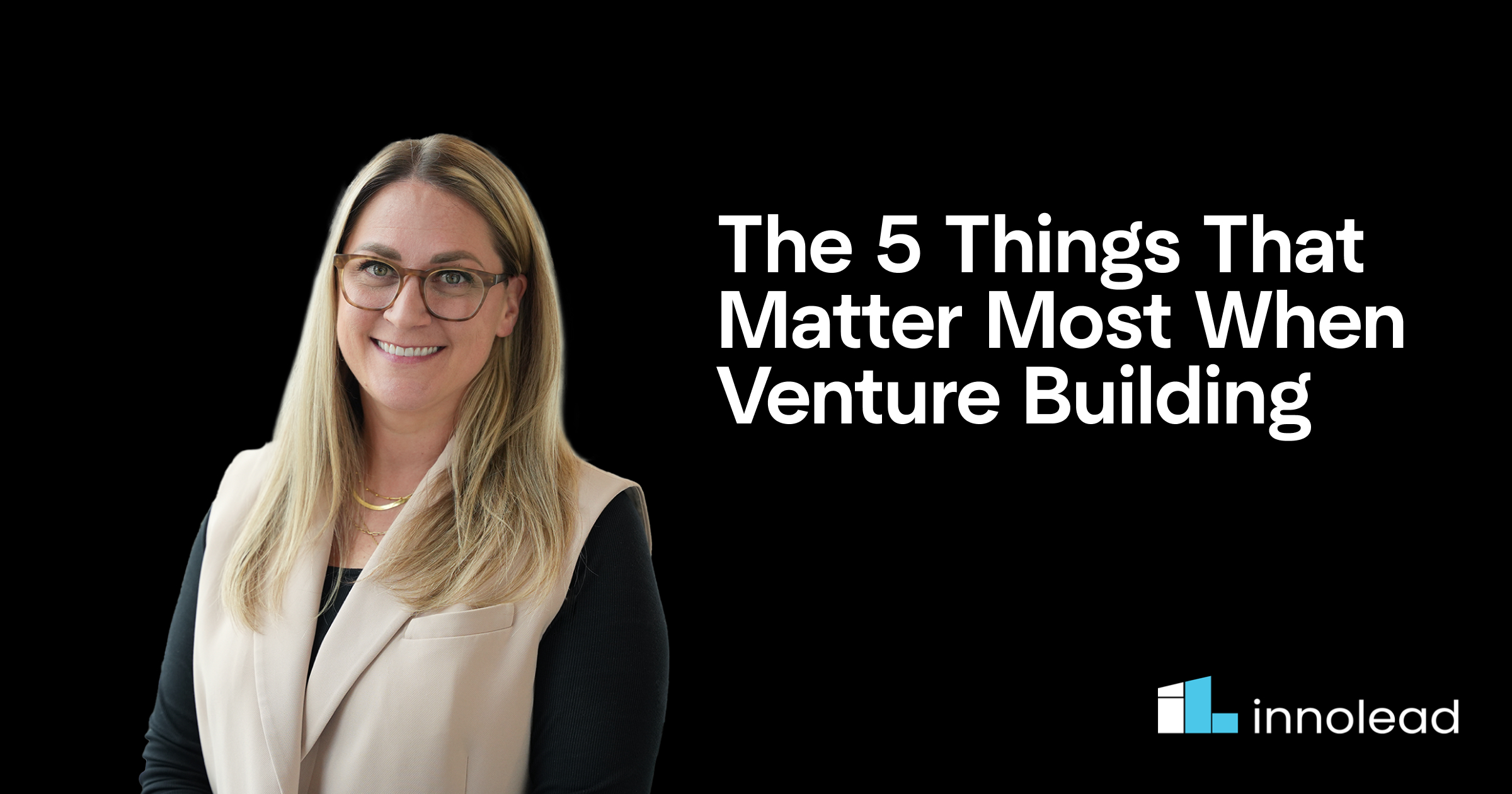
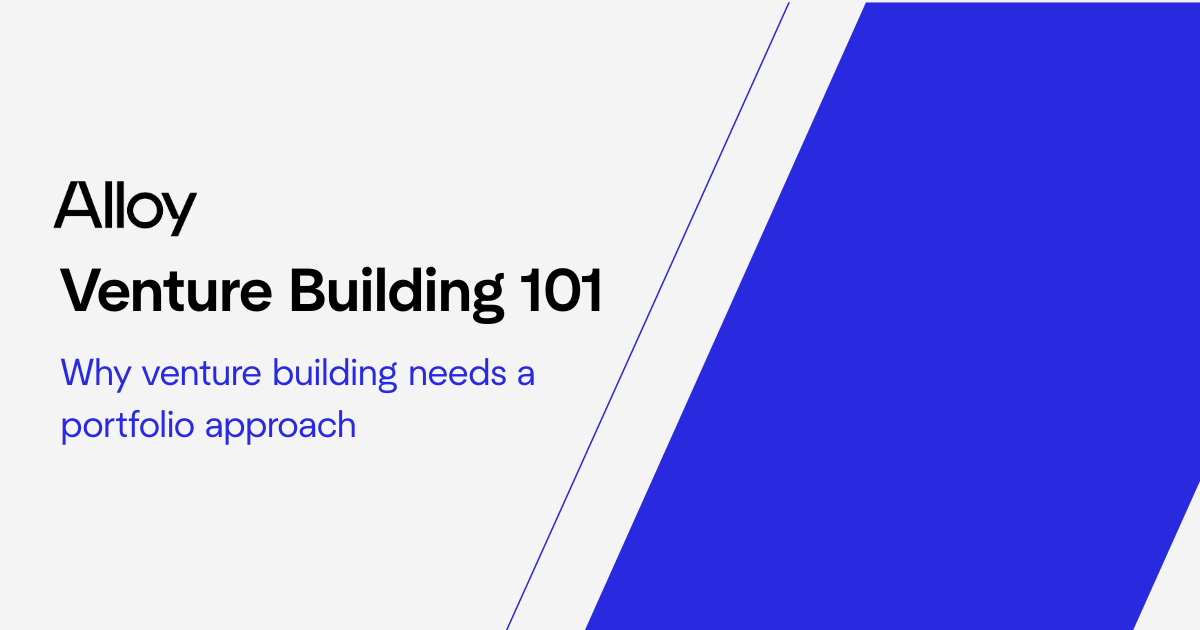
.png)
